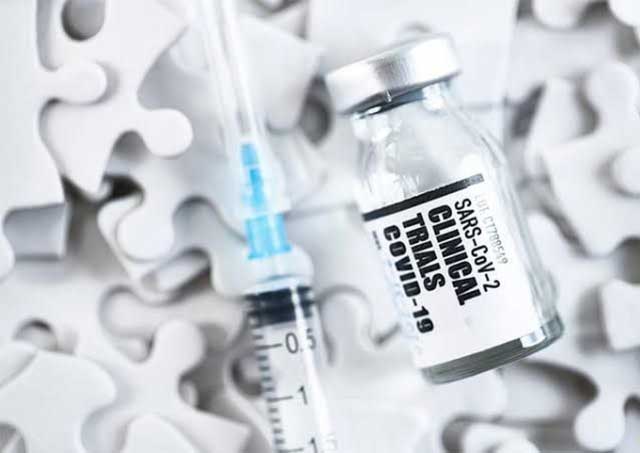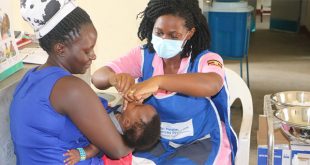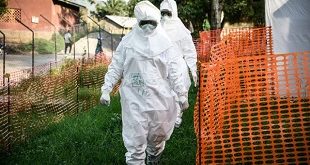
Kampala, Uganda | THE INDEPENDENT | The closest date that a COVID-19 vaccine can be ready is June 2021 according to scientists and researchers.
Over 100 vaccines are being developed globally in laboratories in the United Kingdom, the United States, Europe and even China. 76 of these are being followed by the World Health Organisation-WHO and six have begun clinical trials.
Oxford’s University Jenner Institute are the forerunners in the COVID-19 vaccine race, and they are going to start mass human trials of 6,000 people next month. Previous tests carried out on mice have shown that their vaccine called chAdOx1nCOV-19 could be effective. American based Kaiser Permanente Washington Health Research Institute, working in collaboration with Moderna Incorporated are also set to start human trials with their mRNA-1273 vaccine, while German-based BioNTech is also going to the second stage of clinical trials using their BNT162 vaccine, among others.
Dr Lynda Stuart, the Deputy Director of Vaccines and Human Immunobiology at the Bill and Melinda Gates Foundation told a Webinar organised by Global Health Reporting Crisis Forum last night, that despite the urgent need for a vaccine, preliminary findings and the vaccine development process guidelines show that the world will have to wait until June. next year for a vaccine.
She hastens to add that this date would be the earliest that countries such as the UK that have already begun carrying out human trials can fully develop a vaccine that can be given to people that need it.
All vaccines have been given the go-ahead to start trials by the Coalition for Epidemic Preparedness Innovations- a body that oversees international vaccine development for epidemics. Ordinarily, it would take more than a year for a company developing a vaccine to reach this current state.
Despite the quick work done in developing the vaccine, Dr Stuart says none of them has yet proved that they are safe for human consumption, and adds that the world is going to need more than one vaccine to beat COVID-19.
“The number one concern when making a vaccine is that it is safe. All initial studies look for safety. We are looking to assess whether the vaccine for COVID-19 that have been developed so far are safe. So far none of them has shown they are,” she explained.
According to the Food and Drug Administration based in the United States of America, a vaccine has to undergo three clinical trial phases before it can be deemed safe for human consumption. During Phase one trials, 20 to 100 people sign-on and the vaccine is tested for safety, efficacy, side effects and dosage.
At the Phase two-stage, hundreds of volunteers are needed to determine common short-term side effects of the vaccine and response to volunteer,’ immune systems to the vaccine. During Phase three trials, thousands of volunteers are needed to test the protection the vaccine offers to people who get the vaccine and those who don’t, the safety of the vaccine, efficacy and common side effects of the vaccine.
Last month, there was global uproar when two French scientists suggested that vaccine testing should take place in Africa. While the director-general of the WHO, Dr Tedros Adhanom Ghebreyesus adamantly said that no testing would take place in Africa, Dr Stuart says that it’s unavoidable.
The vaccines when developed will be injectable because the injections are more effective for respiratory infections.
According to the World Health Organisation-WHO, more than 7 billion doses are needed to supply vaccines to the entire human race. For the vaccine to be easily accessible by everyone who needs it, Dr Stuart foresees that once developed, the vaccines are likely to cost between 1 to 15 dollars (57,000 shillings) a dose.
At the moment, Uganda is starting studies to better understand the disease. Dr Diana Atwine, the permanent secretary of the Ministry of Health says that vaccine studies for COVID-19 have not yet started in the country.
“Developing a vaccine takes time and money. Right now we are concentrating on treatment but also understanding the disease better,” she said.
********
URN
 The Independent Uganda: You get the Truth we Pay the Price
The Independent Uganda: You get the Truth we Pay the Price



